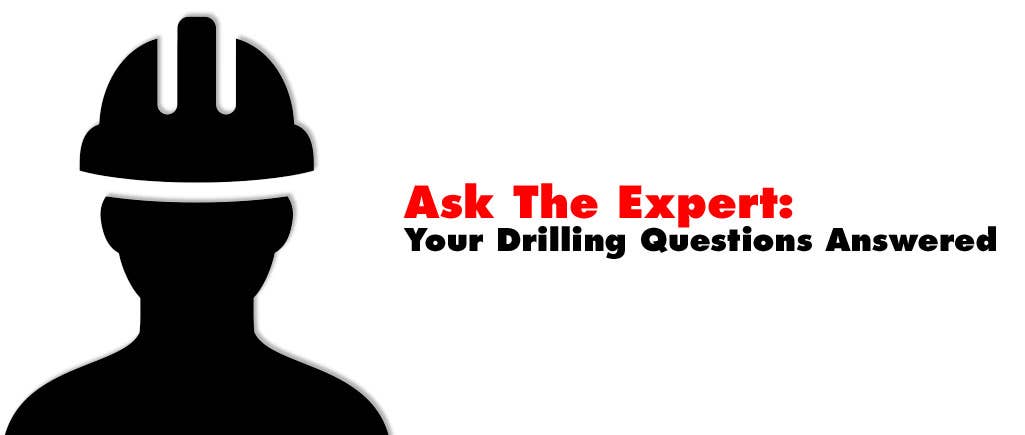
Every drilling job presents a new set of ground conditions, requirements for the right HDD tools, and good old-fashioned unexpected surprises. With so many years in the business, we’ve seen just about every HDD challenge known to man and we’ve got a ton of information to share. In our “Ask the HDD Experts” series, we answer big questions, small questions, and questions that drillers are just plain afraid to ask.
Why does my fluid pressure gauge spike and not come down?
If you stop drilling and turn your fluid pump off and the pressure gauge reading doesn't drop down (or drops minimally) it is usually an indicator that your fluid nozzles are plugged. At this point, you will need to trip out or dig down to the tool to unplug the nozzles or holes. If you continually have problems plugging off (especially with the drill head) give us a call and we may be able to produce a special adapter or quick-disconnect with a check valve to prevent plugging off from back-pressure.

How fast should I pull my reamer back?
We’d love to say “as fast as your drill rig will go!” But that's not usually the best procedure. The key is to create a clean hole and make it as easy as possible to pull the product pipe, then pull it in without damaging it. Even if the reamer pulls back as fast as your drill carriage will travel, it doesn't necessarily mean it's a clean hole. You need to give the reamer plenty of time to mix and give your pump plenty of time to get enough fluid into the hole to carry the cuttings out. The bigger the hole diameter, the more cuttings you are trying to carry out–so, the more fluid required. How long that takes will be partially determined by your fluid pump capacity. 
How do I keep from balling up my fluted reamer?
Simple: don't use a fluted reamer. If the conditions are sticky or get sticky when water is added, stay away from fluted reamers. Use an open-blade style reamer and something with great mixing action instead. But, if you absolutely must use the old fluted reamer that’s rolling around in the back of your truck, then be sure to spin it at high RPMs, check that all fluid ports are open, make sure your fluid recipe includes a clay inhibitor and detergent, and get the fluid coming out of the reamer up to pressure before you start pulling it back.

My drill head nozzle keeps plugging. What’s the deal?
This typically happens when you stop drilling and turn the fluid pump off to change rods. When the connection is broken, it can create a vacuum that causes the fluid and soil from the outside to be sucked in through your drill head nozzle and plug it off. This is common in sandy conditions. Your best solution is to use a drill bit (like the Eagle Claw or Iron Fist) or a quick-disconnect with a built-in check valve. The check valve typically consists of a stainless steel ball and spring and retaining plug. When fluid pressure drops, the ball quickly drops and plugs off the drill head fluid port before a vacuum can be created. This stops the chance of a blockage. 
Sand is so "soft" compared to rock or shale. Why is it tearing up my tools so fast?
Sure, sand is nice if you're laying on a beautiful California beach. But drill in it with the wrong HDD tools and your equipment will get shined up–and worn out prematurely. Even worse, you could get stuck. Have you ever stuck your feet into a hole in the sand with water in it? No problem moving around and pulling your feet out...until the water escapes. Then that sand collapses and grabs onto your foot like a vice. The same thing can happen to your tools if you don't have the correct drill fluid mixture (mainly bentonite) to keep the water from escaping the hole. Sand can also pose major problems if you’re not using the right backreamer. You need a reamer design that scoops the sand up from the bottom of the hole, mixes it with the drill fluid to keep it suspended and keeps the hole lined so water can't escape too fast. Remember that your basic fluted reamer is never a good choice for sand. 
Have a question about HDD and you’re not sure who to ask? Our team of HDD experts can help. We’ve been designing, testing and manufacturing sturdy, reliable HDD tools for nearly as long as HDD has been around. Email your question to mail@melfredborzall.com or call your local distributor and we’ll get you an answer ASAP so you can get back to work.
